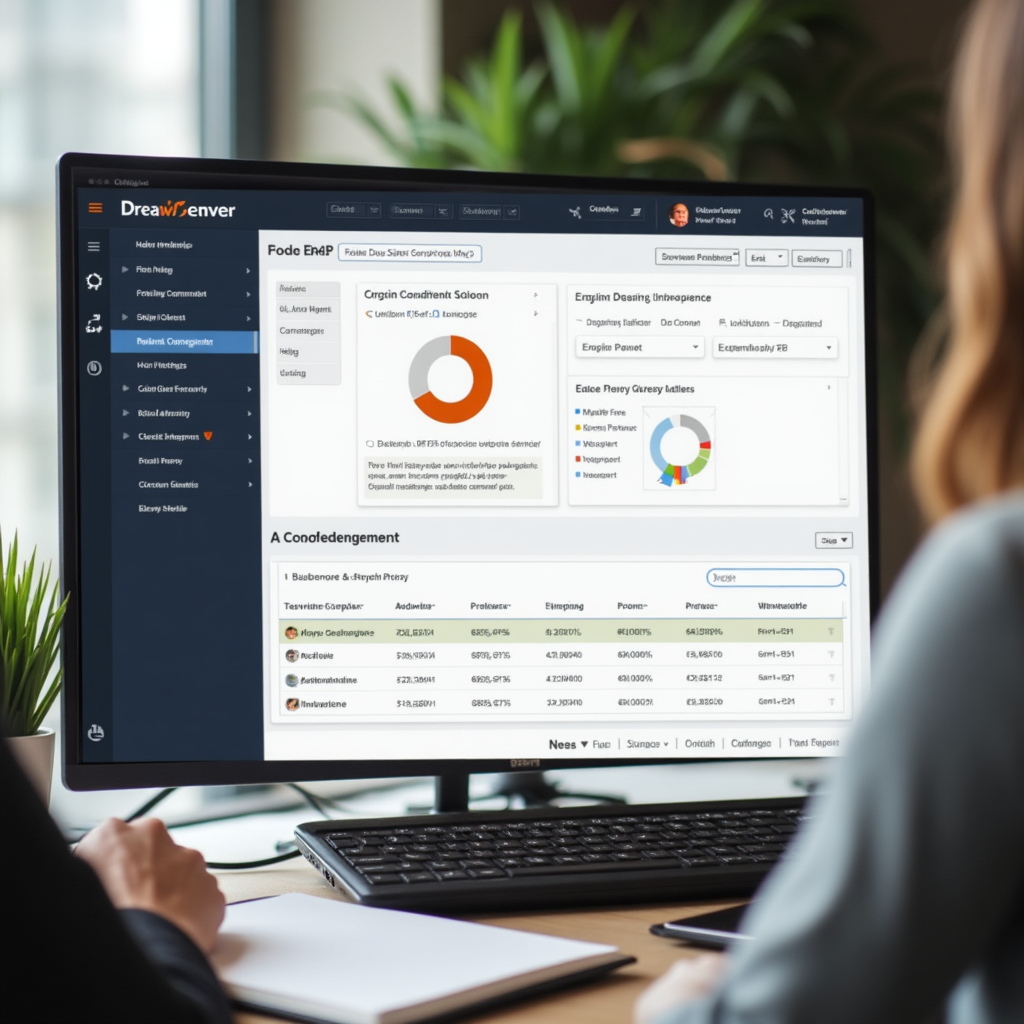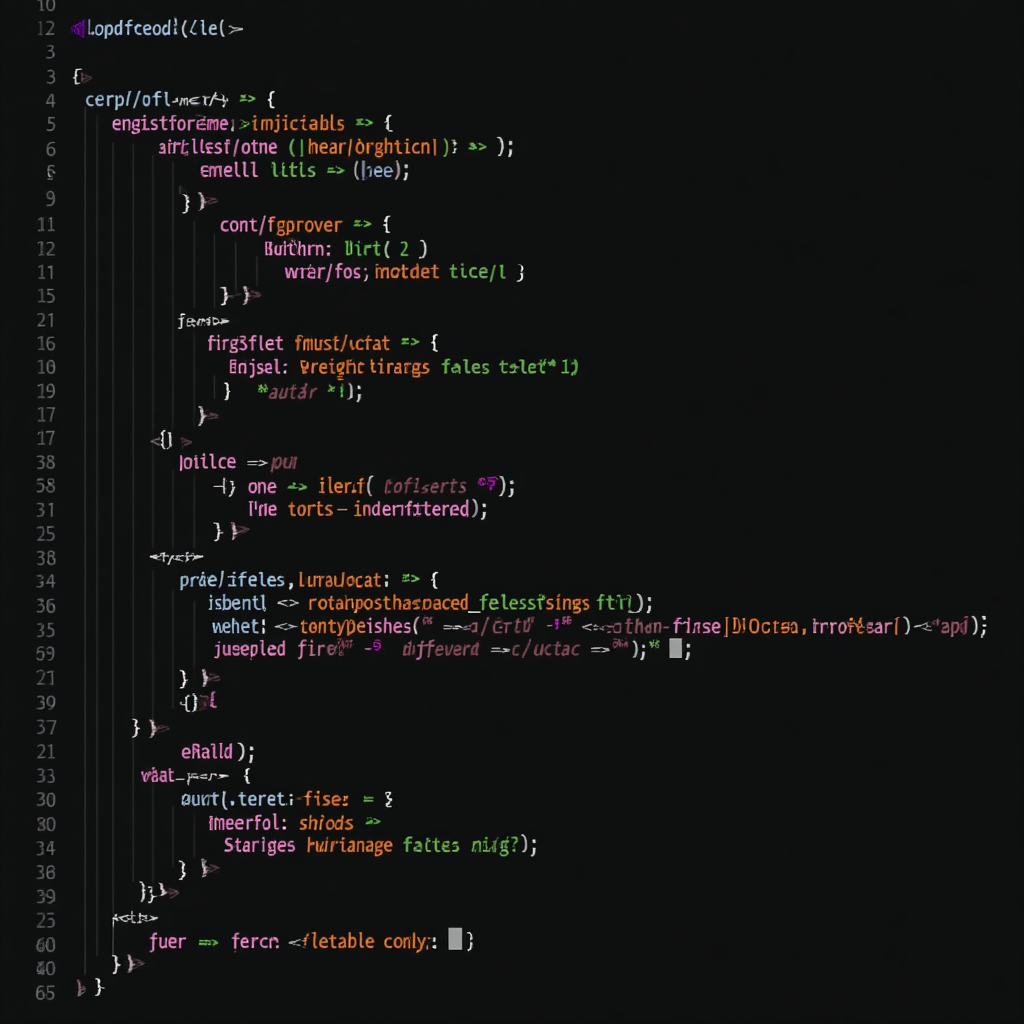Comprehensive CodeIgniter Performance Testing & Tuning Guide
CodeIgniter performance testing and tuning guide helps optimize the framework for better speed and efficiency. It involves identifying bottlenecks, using caching and profiling tools, and optimizing database queries. By following best practices and using built-in features, developers can significantly improve their application’s performance. Regular testing and monitoring are essential to ensure the application runs smoothly and efficiently. This guide provides tips and techniques to help developers fine-tune their CodeIgniter applications for maximum performance and scalability, resulting in a better user experience. Regular updates and maintenance are also crucial. Optimize for better results and faster load times.
Comprehensive CodeIgniter Performance Testing & Tuning Guide Read Post »











